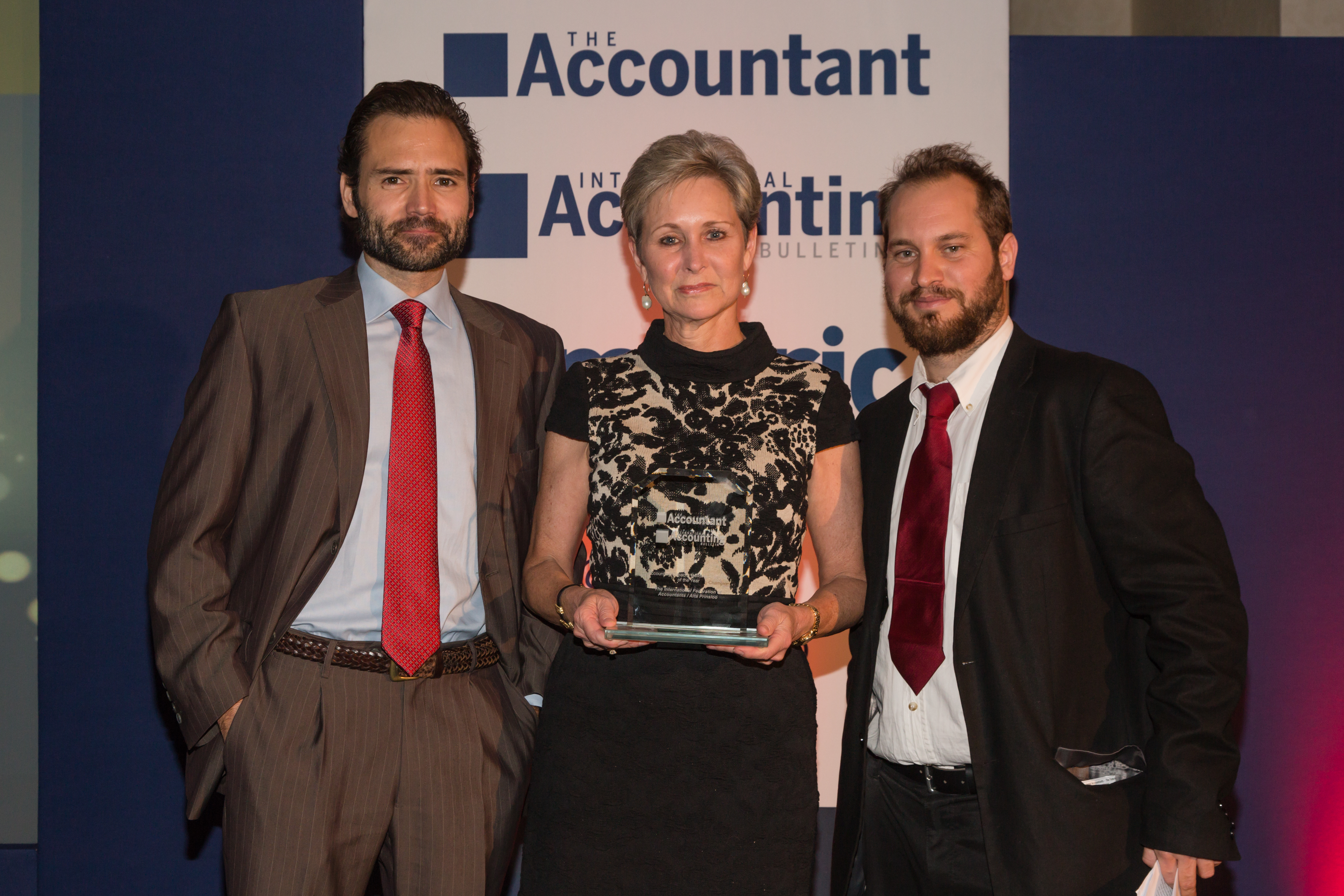Accountancy Leaders and Development Partners Address Public Financial Management Reform
Development partners joined accountancy leaders last week to discuss public financial management (PFM) reforms in Francophone Africa. The leaders attended the Public Financial Management, Strengthening Institutions and Accountability conference, hosted by the International Federation of Accountants® (IFAC®), Pan African Federation of Accountants (PAFA), Fédération Internationale des Experts Comptables et Commissaires aux Comptes Francophones (FIDEF), World Bank, and African Development Bank.
The leaders evaluated progress since last year’s successful PFM event in Dakar, Senegal, at which participating Finance Ministers pledged to support PFM reforms. They heard that PFM reform progress has been slow across the 18 Francophone Africa countries. The quality of budgeting and financial reporting, and the effectiveness of internal and external auditing and parliamentary oversight, remain poor in the majority of these countries. Delegates underscored the public sector capacity challenge, and recognized many more accounting professionals are required to achieve the desired reform outcomes.
Speaking at the event, IFAC Executive Director, Alta Prinsloo, expressed support for the call issued by FIDEF to review the accountancy profession model in Francophone Africa to ensure it meets the demand for public sector accountancy skills. Under the current model, professional accountancy organization members in Francophone Africa are limited to professional accountants in public practice.
Ms. Prinsloo said, “Our Accountability. Now. message is clear. High-quality public financial reporting supports informed decision making, effective and efficient spending, quality public services, enhanced transparency and accountability, and—ultimately—increased trust in government. The demand for accountancy skills necessary to produce high-quality public sector financial reporting is both a public interest obligation, and an opportunity for professional accountancy organizations in Francophone Africa.”
About IFAC
The International Federation of Accountants (IFAC) is the global organization for the accountancy profession dedicated to serving the public interest by strengthening the profession and contributing to the development of strong international economies. IFAC is comprised of more than 175 members and associates in more than 130 countries and jurisdictions, representing almost 3 million accountants in public practice, education, government service, industry, and commerce.

